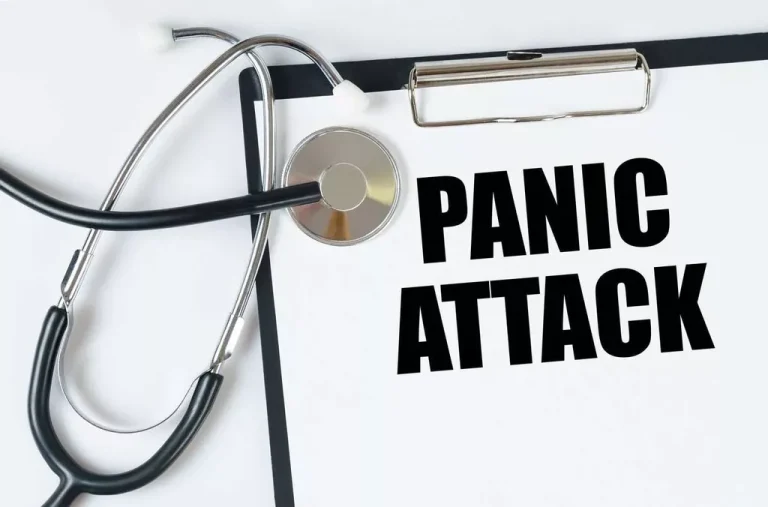
Daily consumption of low to moderate amounts of alcohol has beneficial effects on cardiovascular health among both ischemic and non-ischemic patients[1-3]. In contrast, chronic and excessive alcohol consumption could lead to progressive cardiac dysfunction and heart failure (HF)[3]. Regional wall motion abnormalities are not uncommon, but they are usually less prominent than those observed in persons with ischemic heart disease. Diastolic dysfunction is the earliest sign of ACM and is usually seen in approximately 30% of patients with a history of chronic alcohol abuse with no evidence of systolic dysfunction nor left ventricle hypertrophy.
Blood Pressure & Fluid Regulation
Zhang et al. found significant increases in myocardial protein carbonyl and superoxide levels in mice fed an ethanol (4% v/v) diet for 6 weeks (22). These oxidative stress biomarkers corresponded to myocardial fibrosis development and decreases in fractional shortening and cardiac output. Interestingly, these changes were prevented by the co-administration of the cytochrome P450 2E1 (CYP2E1) inhibitor, diallyl sulfate (100 mg/kg/d).
Mitochondrial Bioenergetics/Stress
For instance, healthcare professionals can carry out a stress test or heart catheterization to rule out coronary artery disease (CAD), which is another cause of cardiomyopathy. Thiamine (200 mg once daily), multivitamins, vitamin B-12, folate, and mineral supplementation are beneficial for patients with AC because of the significant prevalence of concomitant nutritional or electrolyte deficiencies in these patients. Animal studies have suggested a benefit from vitamins B-1 and B-12, speculated to be due to protective effects against apoptosis and protein damage.
How should I change my diet if I have this condition?
Although the most common cause of heart failure is coronary artery disease, ischemic cardiomyopathy is unlikely in the absence of a clear history of prior ischemic events or angina and in the absence of Q waves on the ECG strip. In most patients, exercise or pharmacologic stress testing with echocardiographic or nuclear imaging is an appropriate screening test for heart failure due to coronary artery disease. In patients with dilated cardiomyopathy, if additional questions remain after a history is obtained and noninvasive testing is performed, cardiac catheterization may be used to help exclude other etiologies of heart failure.

Basic studies on molecular mechanisms of myocardial damage
These changes, though subtle, were similar to those found by Ferrans and Hibbs in eight deceased individuals diagnosed with ACM[42,43]. On histological examination, various degrees of fibrosis, patchy areas of endocardial fibroelastosis, intramural blood clots and focal collections of swollen cells in both the epicardium and endocardium were found. Also, there were significant size variations in the myofibrils https://ecosoberhouse.com/ and they showed a relative decrease in the number of striations, in addition to swelling, vacuolisation and hyalinisation. Cell nuclei were larger than normal, morphologically difficult to define and they occasionally showed hyperpigmentation. The authors highlighted the presence of an extensive intracellular accumulation of neutral lipids, principally in the form of small cytoplasmic droplets.
- Incidence of alcoholic cardiomyopathy ranges from 1-2% of all heavy alcohol users.
- Future studies with a strict classification of non-drinkers and drinkers will help clarify whether complete abstinence is mandatory for ACM patients.
- Heavy drinking is alcohol consumption that exceeds the recommended daily limits.
- However, with early diagnosis, supervised alcohol withdrawal, appropriate medical management, and lifestyle modifications, the condition can stabilize.
- Acute can be defined as large volume acute consumption of alcohol promotes myocardial inflammation leading to increased troponin concentration in serum, tachyarrhythmias including atrial fibrillation and rarely ventricular fibrillation.
- Some studies have suggested that a genetic vulnerability exists to the myocardial effects of alcohol consumption.
As it is not uncommon in ACM for patients to experience a significant recovery of systolic function, it is particularly challenging in this disease to decide the most appropriate time to implant an ICD and whether it is necessary to replace a previously implanted device. Future studies in ACM should also address this topic, which has important economic consequences. Alterations caused by heavy alcohol intake have also been studied from the perspective of histopathology. Emmanuel Rubin analysed muscle biopsies from individuals who were previously non-drinkers and were submitted to a balanced diet with heavy alcohol intake during one month[41].
Cardiac Effects of Alcohol
Physical dependence and tolerance may occur as part of, or as precursors to, AUD. You’ll be asked questions regarding your medical history and lifestyle, including how much alcohol you drink and for how long you’ve drank at those levels. Additionally, individuals with pre-existing cardiovascular conditions may experience more severe effects from alcohol-induced cardiomyopathy. Certain populations are more vulnerable to ACM, such as middle-aged and older adults, as the risk of developing cardiac issues generally increases with age.

Alcohol-induced cardiomyopathy primarily affects individuals who engage in chronic, excessive, and long-term alcohol consumption. Genetic predisposition and individual susceptibility play a role in determining how alcohol affects an individual’s heart. Some individuals may be more prone to the toxic effects of alcohol on their heart muscle. Chronic alcoholic cardiomyopathy is especially dangerous because alcohol consumption can disrupt blood pressure regulation and fluid balance in the body, adding strain to the heart. Acetaldehyde and free radicals generated during alcohol metabolism induce oxidative stress and inflammation within the myocardium. This oxidative stress damages the heart muscle cells and triggers inflammatory responses.

How to take care of myself and manage my symptoms?


